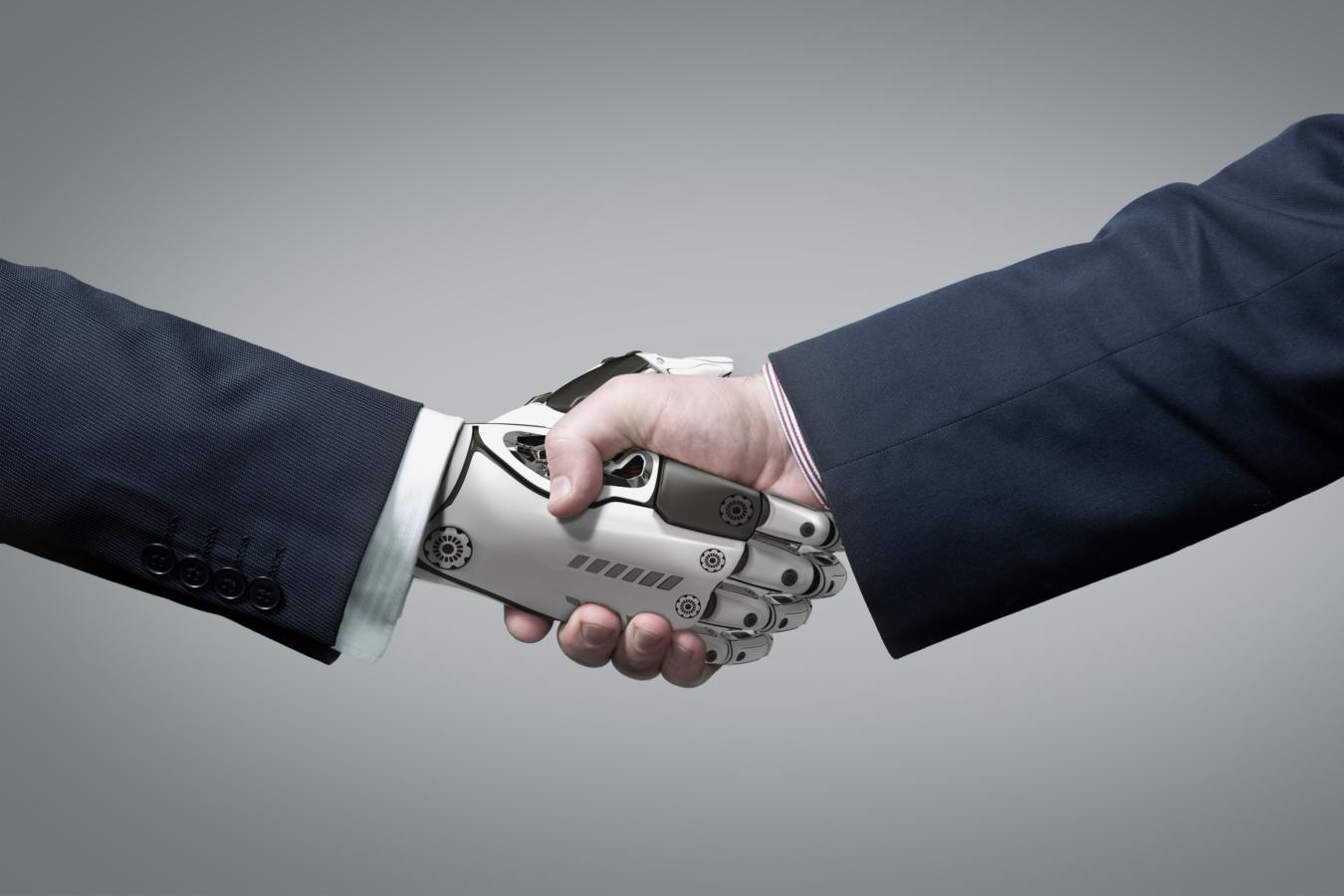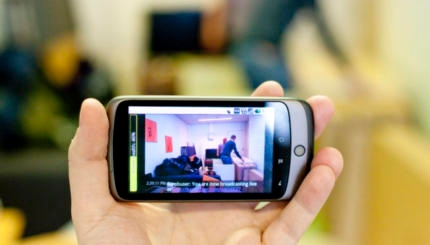I go to Target a lot. I get diapers, or groceries, or clothes. But every so often, I have to buy something that’s not on my usual list, and since Target is a huge store, I sometimes need to find an employee to show me where, say, the humidifiers are.
There’s only one problem — I often can’t find an employee, either.
Why is that? It’s because technology is radically changing how economically valuable human beings are. After all, humans can work only a few numbers of hours at a time. They get distracted. They require vacations. Their kids get sick. Computers don’t have those issues, and as a result, many companies are investing more money in technology and less money in people. Why pay for a cashier when a computerized self-checkout can work just as well?
And while technology has always changed economics, in many ways, we are starting to enter uncharted territory. That’s the message that YouTube educator CGP Grey makes in his troubling, fascinating and important video “Humans Need Not Apply”:
The upshot of the video is that just as mechanical muscles long ago replaced hard labor in the American workforce, mechanical minds will soon replace jobs such as drivers, doctors, and even artists. After all, those are jobs that require information-gathering and decision-making, and computers are already far superior to people for those tasks.
The biggest change, though, is that the “mechanical minds” we created are able to learn and grow on their own. Interestingly, this new challenge parallels the way many religions view God: as an entity that created something (namely, humans) and then watched with some significant trepidation as they learned and grew on their own.
Now, whether or not you believe in God, it’s undeniable that the story of a creator God who couldn’t quite control the resulting creations has been a dominant narrative throughout history. And so just as automation is (and will be) radically changing the economic landscape, technology is (and will be) radically changing how we perceive theology and God, as well.
Kevin Kelly, co-founder of Wired magazine, puts it well in his book What Technology Wants:
For several thousands of years…[h]umans were deemed to be made in the image of God. But if you believe humans are made in the image of God…then we have done well, because we have birthed our own creation…
I find it hard to believe that we could manufacture robots that actually worked and not have them disturb our ideas of religion and God. Someday we will make other minds, and they will surprise us. They will think of things we never could have imagined, and if we give these minds their full embodiment, they will call themselves children of God, and what will we say? (356-8)
So with mechanical minds becoming more and more prevalent, how will technology change the way we think about God?
Our images of God have always paralleled the culture they arose out of. In Biblical times, God was a shepherd. Then, God became a king. More recently, we have seen the rise of perspectives such as feminist theology and liberation theology. What theology would match this new world we live in?
Kelly suggests “Process theology,” and it’s one that I would advocate, as well. Process theology suggests that God is not a “big, bearded man in the sky.” In fact, God isn’t even a thing — God is a process. As described Rabbi Bradley Artson,
[E]verything is in the process of becoming, and every process — you, me, the world, the cosmos, God — is not a substance, a thing, but rather a distinctive pattern of energy that retains some measure of constancy in the midst of change and growth. It is God who provides the grounds for our creativity, our becoming more connected, more just, more compassionate.
So, for example, I don’t believe that “God heals.” I do believe, however, that “God is found in the healing process.” I don’t believe God rewards the righteous and punishes the wicked. I do believe that I experience God’s presence when we make our world more just. Process theology, then, is about recognizing and embracing the changes that naturally occur in our lives and in the world at large.
And that’s one way in which technology can inform our theology. Our dominant framework today is that everything is changing, and it’s changing fast. Soon — or perhaps even now! — we will no longer be able to control the technology we create.
Indeed, technology — like humanity and like God in process theology — evolves. The challenge is that it’s hard to determine when technology’s evolution becomes a blessing and when it becomes a curse.
Certainly, that issue has economic implications. Will technology improve our lives by making things cheaper, or will it harm us by eliminating jobs?
But we need to remember this: humans are more than economic engines. We are people with hopes, fears, love, and responsibilities. Even more so, we are people who look for meaning and purpose, even in the midst of unsettling change.
So yes, to survive in the physical and material world, we need to keep up with technology. But the physical world and the spiritual worlds are linked. The question, then, is this: in this world of rapid technological change, can our view of God keep up, too?
(This post is part of the Sinai and Synapses Discussion Forum, a collection of perspectives on specific topics. It is part of our series, “Are We Using Technology, or is Technology Using Us?“)




